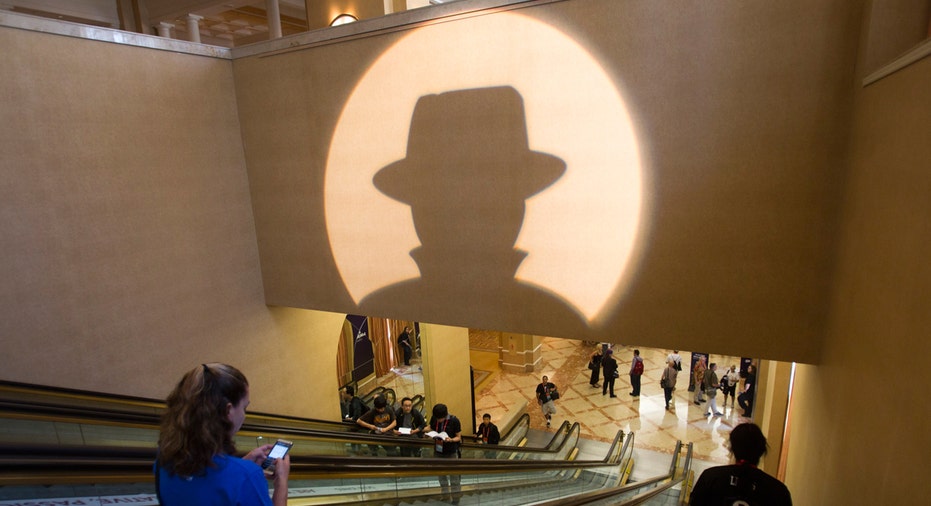Cybersecurity: The Hottest Millennial Career Track

It seems as if every week a major corporation, government office or retailer suffers from a hacking, resulting in compromised personal information for millions of employees or customers. According to a recent survey from Raytheon (NYSE:RTN), 79% of U.S. businesses suffered a cybersecurity incident within the last year.
Increasingly, as companies move more employee data online and consumers shop online, sensitive information is vulnerable to being hacked. As a result, the need for cybersecurity professionals is growing each year, while the availability of workers with those skills is not increasing. “These threats grow every day” says Valecia Maclin, Director of Cybersecurity and Special Missions at Raytheon. And the future of the profession relies on Millennials, as they’re the largest group in the American workforce. By 2019, the cybersecurity job shortage will be 1.5 million, according to the CEO of Symantec, (NASDAQ:SYMC) Michael Brown.
Raytheon’s survey found that 41% of Millennials are interested in cybersecurity careers provided they know what the job entails. Up until now, it’s easy to envision cybersecurity professionals as “loners sitting in a dark room” says Maclin. Raytheon cites that exposing students to cybersecurity studies earlier in their education can help with the perception.
Fred Chang, the Director of Southern Methodist University’s (SMU) Cybersecurity Institute, visits local middle schools near SMU in Dallas, TX to teach youngsters about cybersecurity and spark their interest. Maclin insists that education has to start at the early education level. One angle that might appeal to Millennials is attaching cybersecurity to a career with a purpose. Raytheon found that compared to last year, 28% of Millennials are more likely to choose a career that makes the Internet safer, despite not fully understanding what a career in the field means. And the career is financially rewarding with the Bureau of Labor Statistics reporting that an average salary in cybersecurity is $116,000, and others estimate that the average starting salary is $70,500.
But Millennials are interested in the profession--they just have a difficult time accessing the field. According to Raytheon, the majority of Millennials are not exposed to careers in cybersecurity during their education. The survey found that 64% of Millennials had never heard about cybersecurity careers from a teacher, while 43% said that there were no cybersecurity programs or activities available to them in school. And there’s a gap within the gap, with just 33% of female Millennials aware of cybersecurity professions compared to 51% of men.
With a lack of exposure to cybersecurity studies, Millennials don’t understand what a career in cybersecurity means, and this hinders their efforts to pursue a career in the field. “Folks are exposed to computing power and mobile apps, but not necessarily made aware of cybersecurity,” said Maclin. If the trend continues, this could have a dramatic effect on the growing need to fill cybersecurity jobs. Chang says that he has seen a growing interest over the last few years from students about cybersecurity studies, but that the U.S. needs to increase the number of available cybersecurity job candidates by at least 50% to meet the demand. “The internet was not designed to be secure. There will be no quick fix. We do need to be patient and make sure that five, 10, 20 years from now, things have changed” says Chang.
And while Wall Street at one point was the go to destination for recent graduates, which was then replaced with Silicon Valley, Maclin predicts that cybersecurity can become the next hot job path for recent graduates. “I have no doubt in my mind about that.”



















